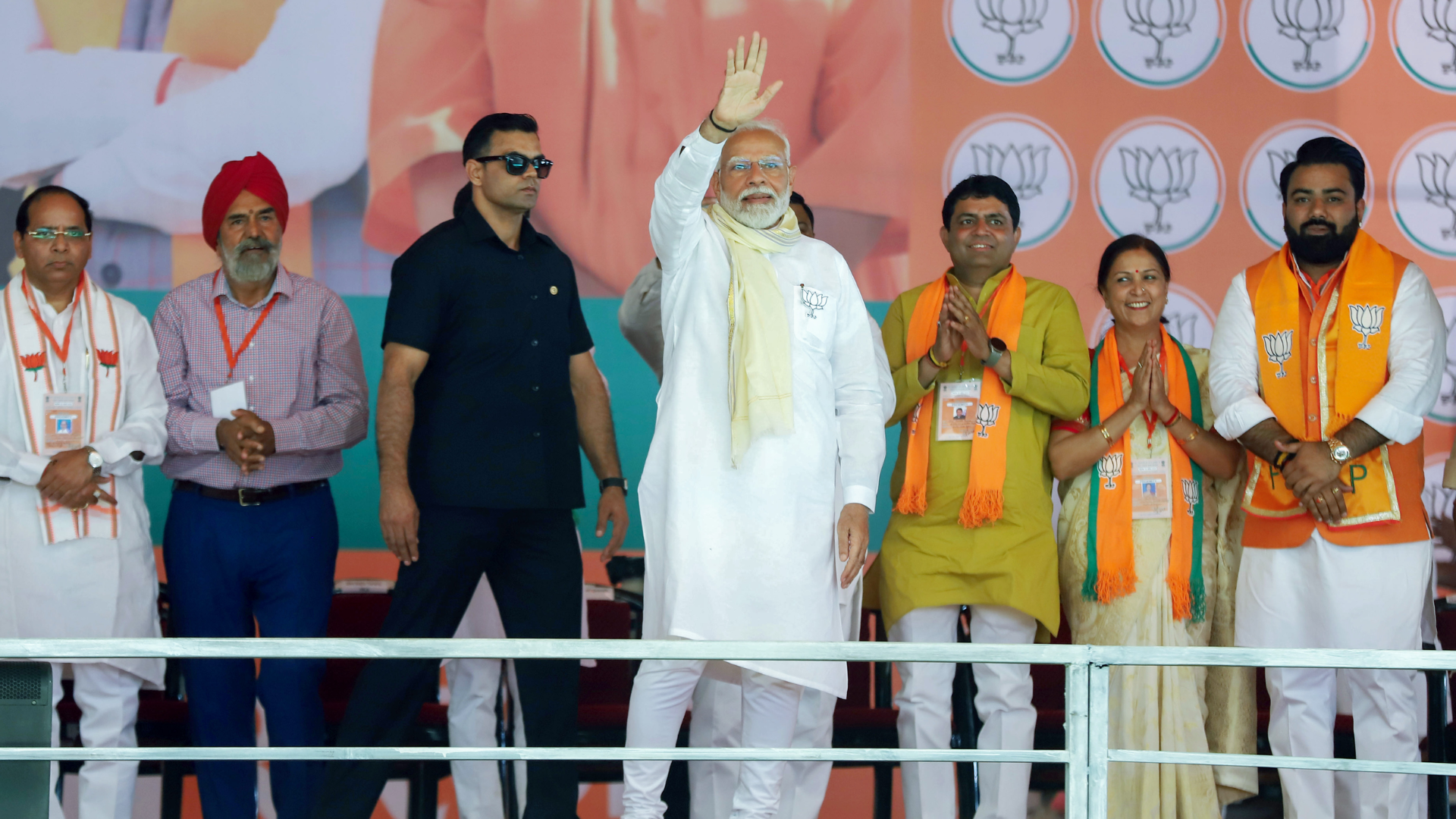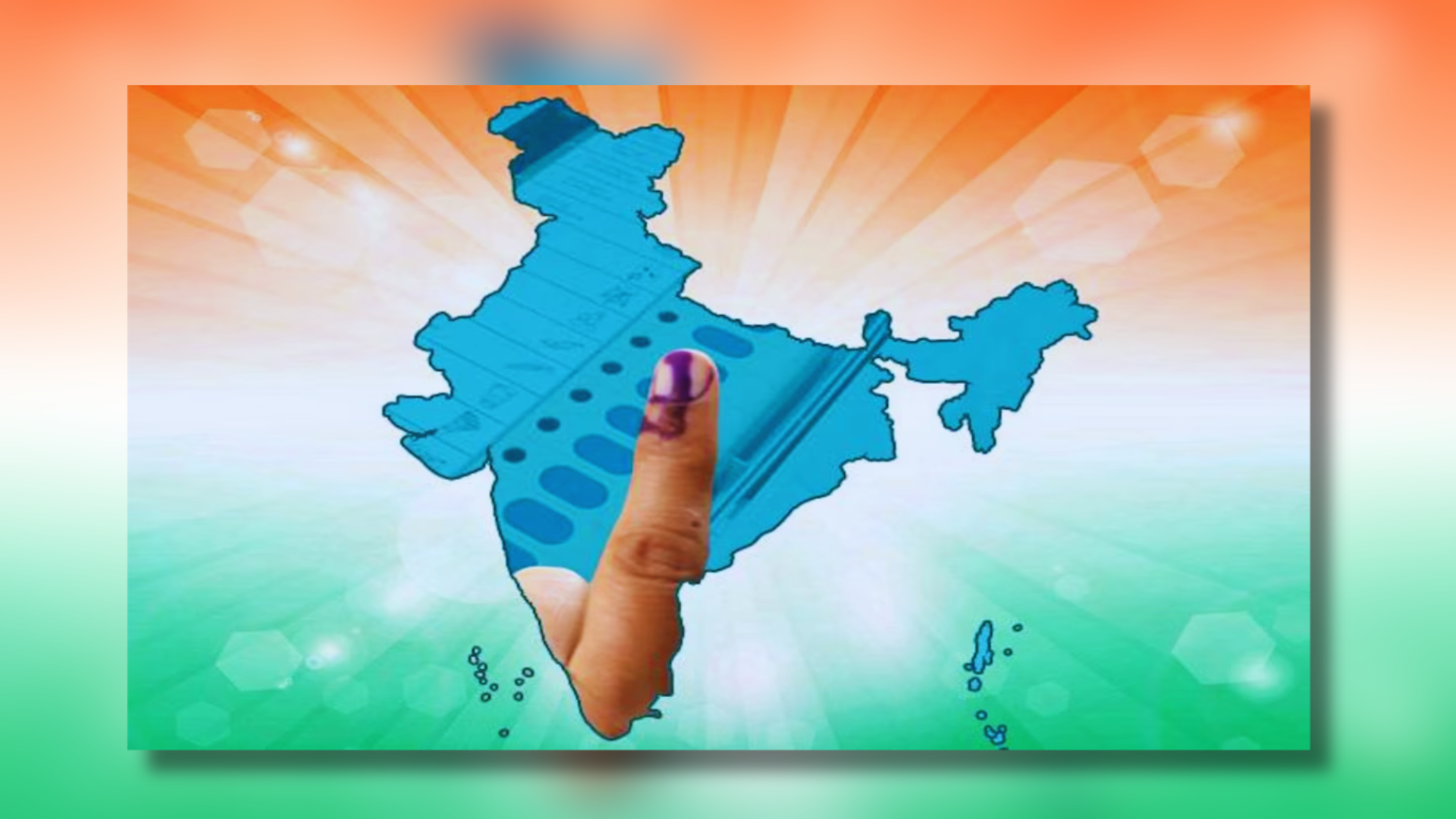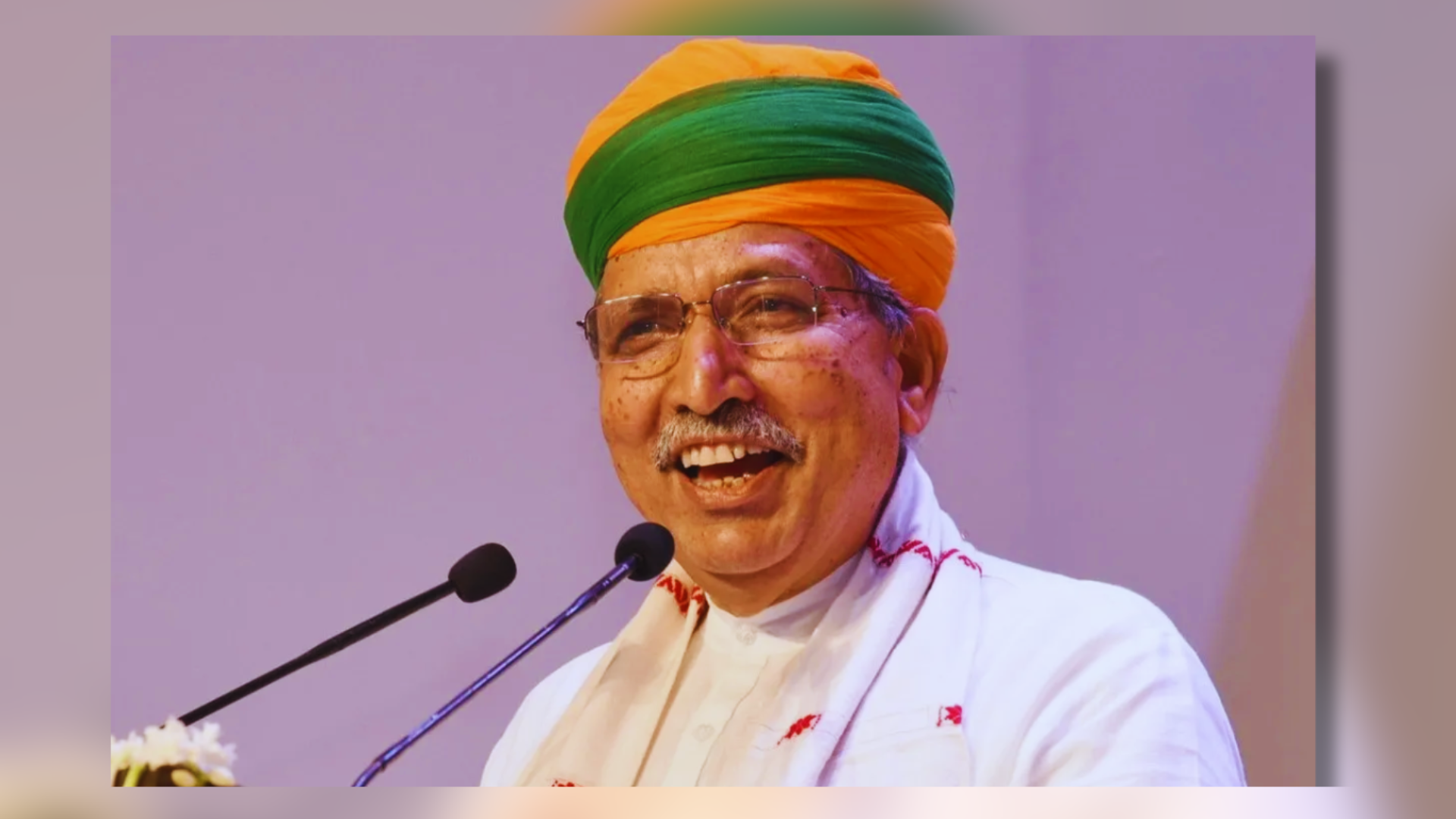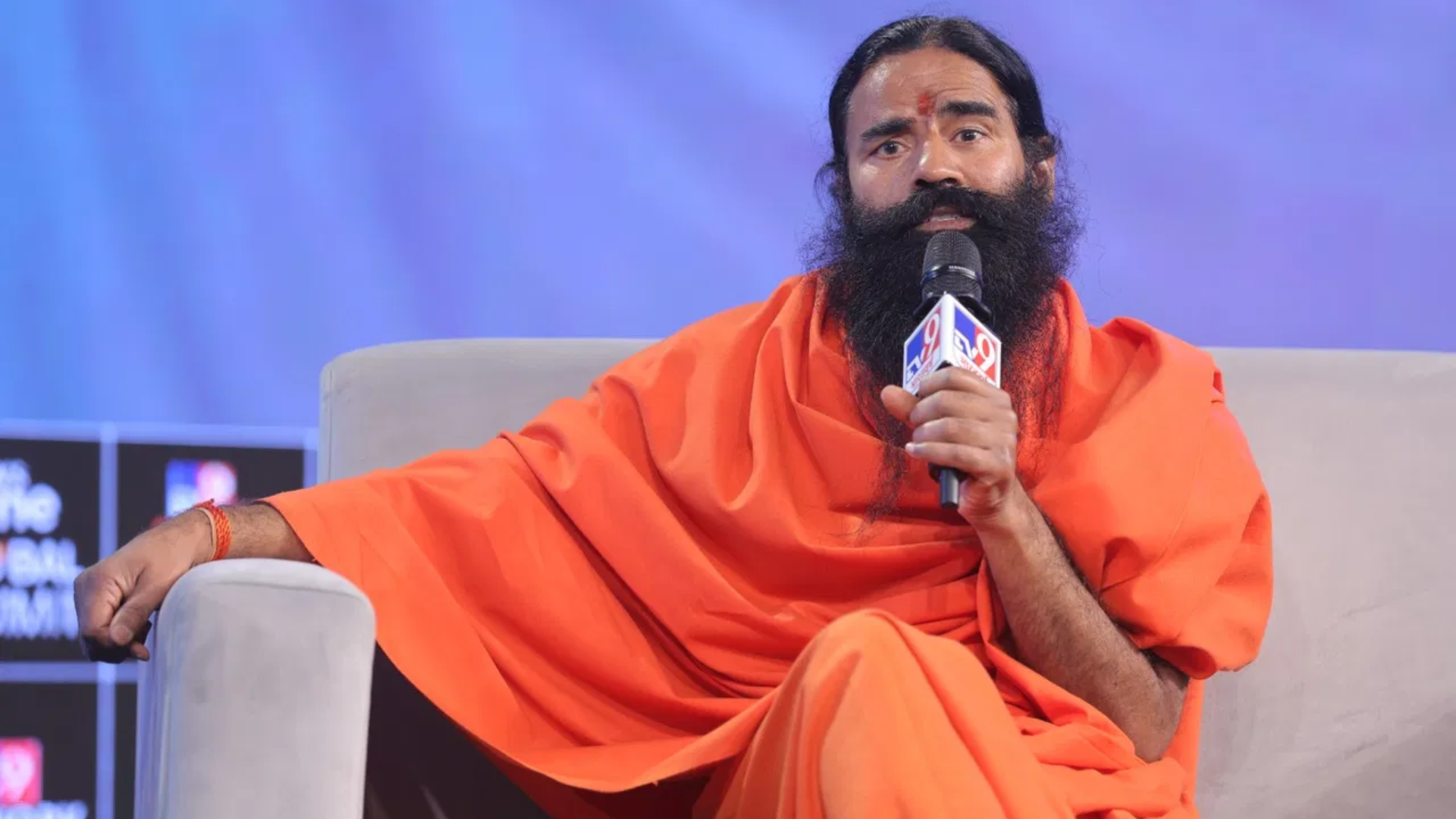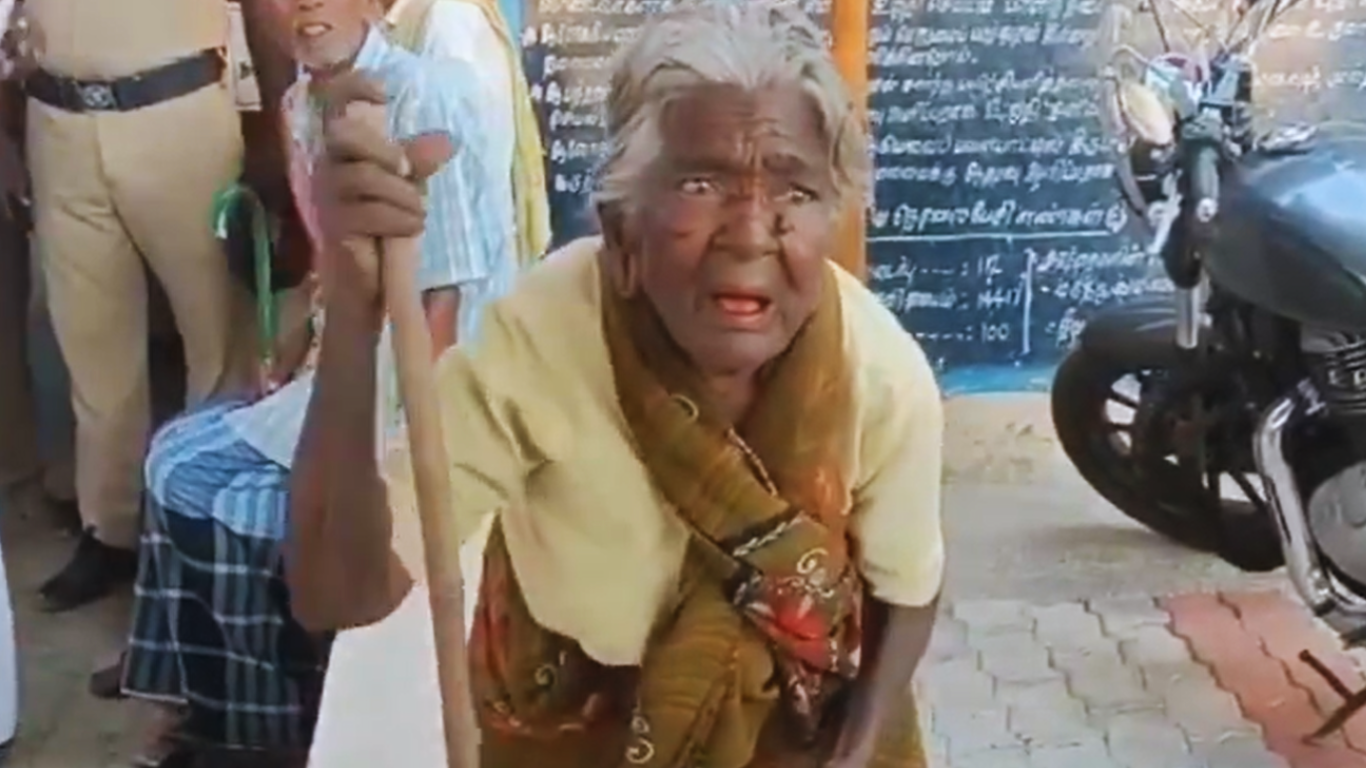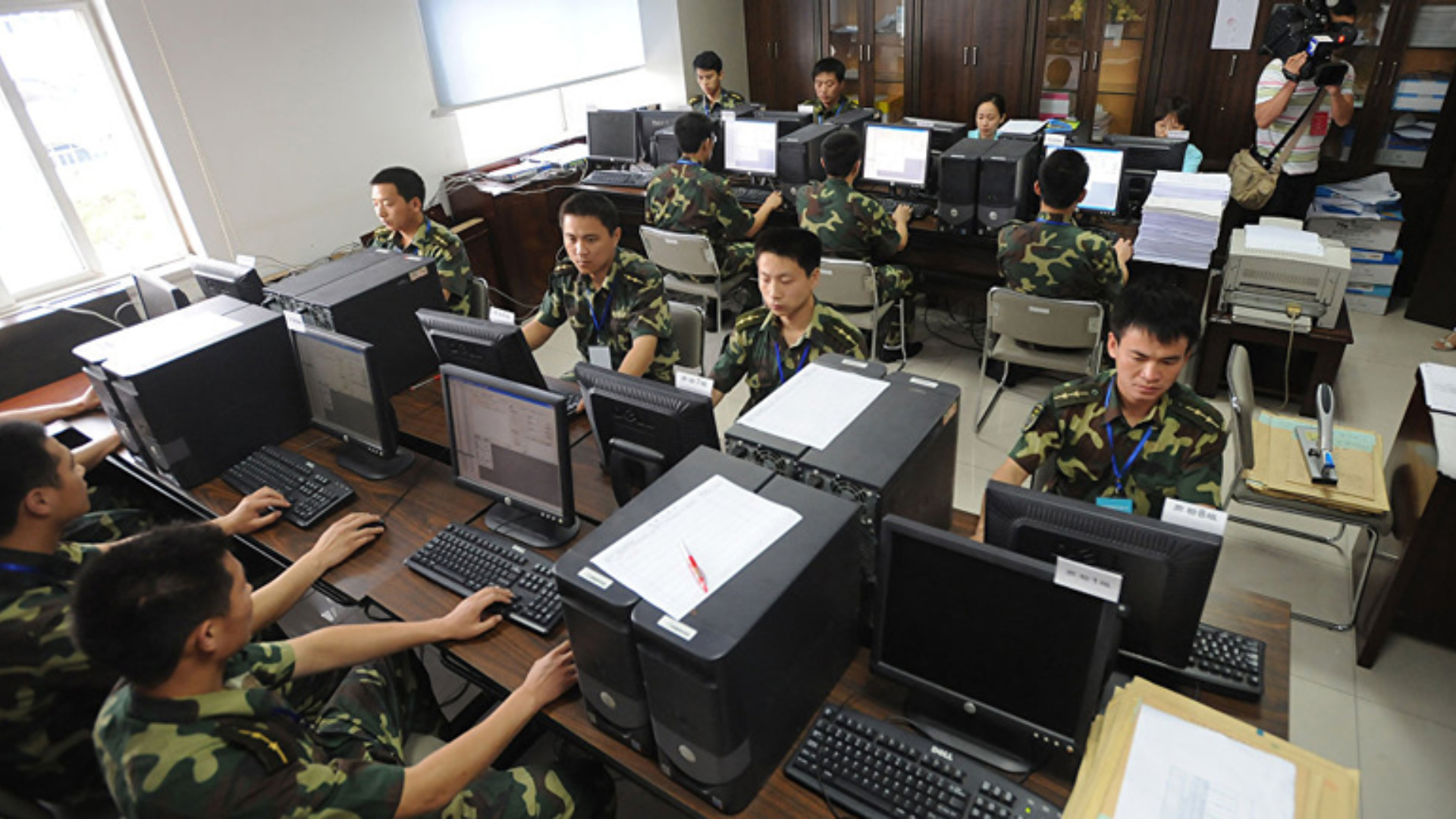


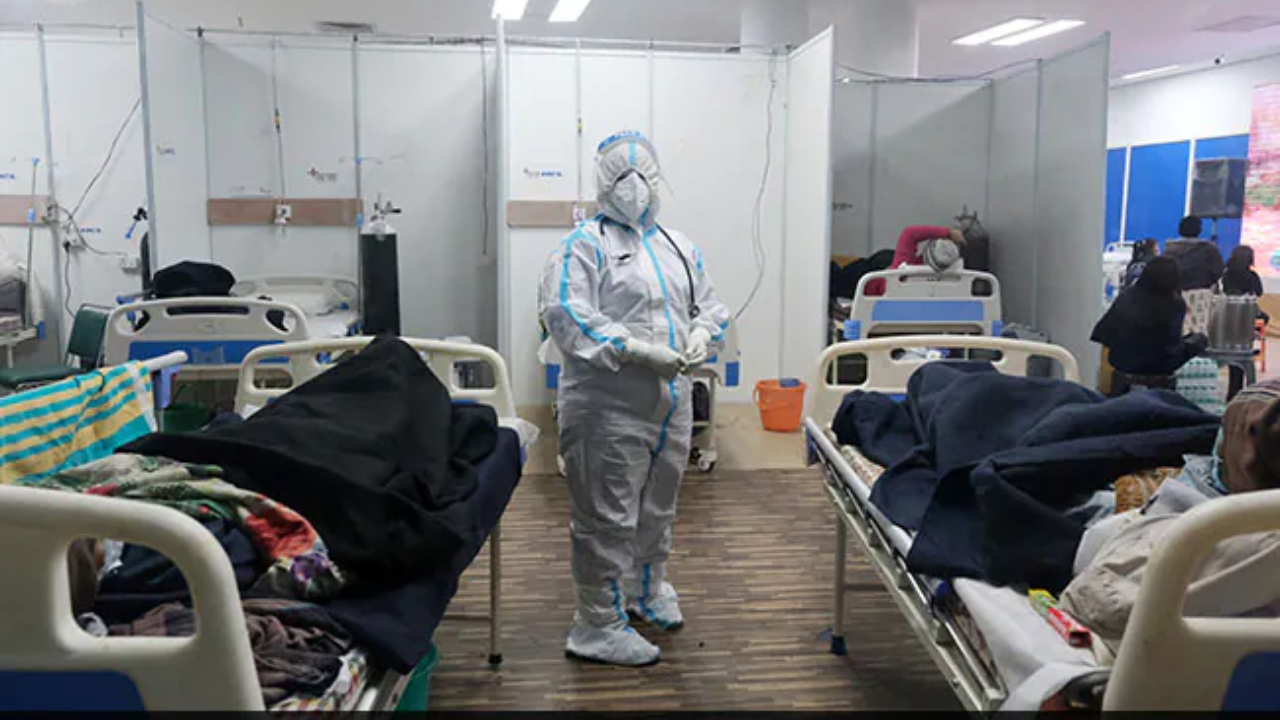
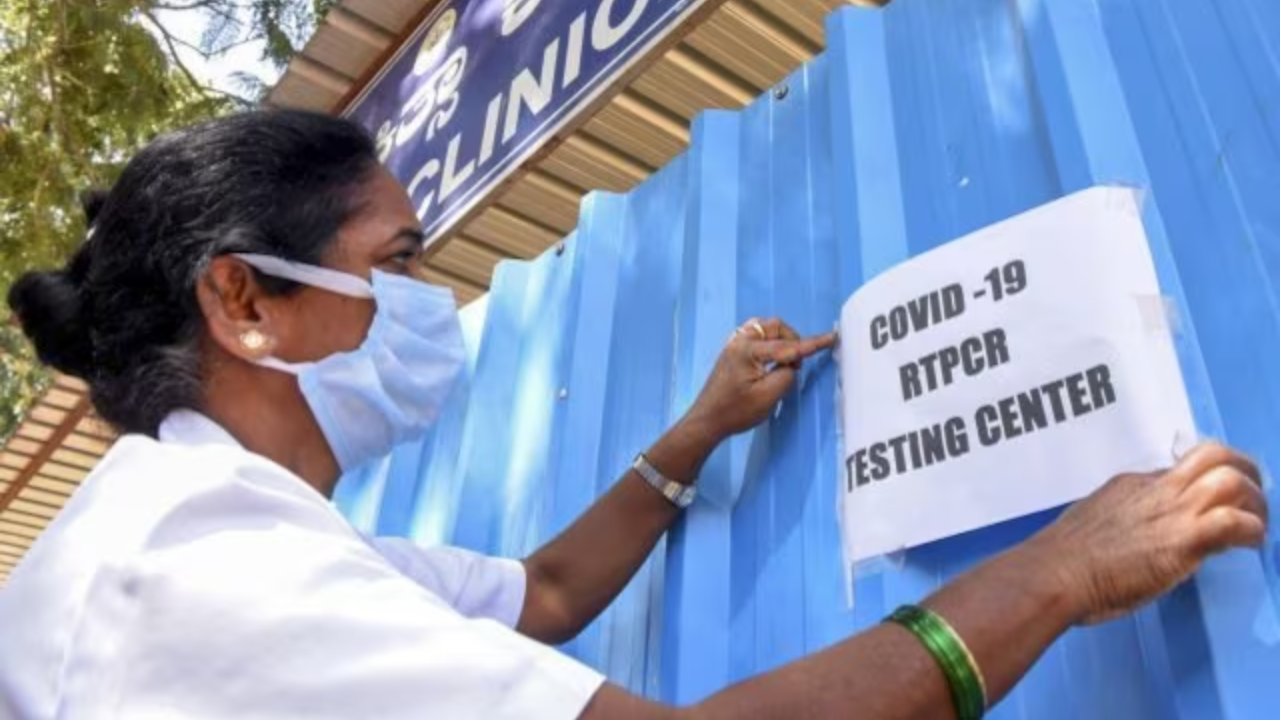


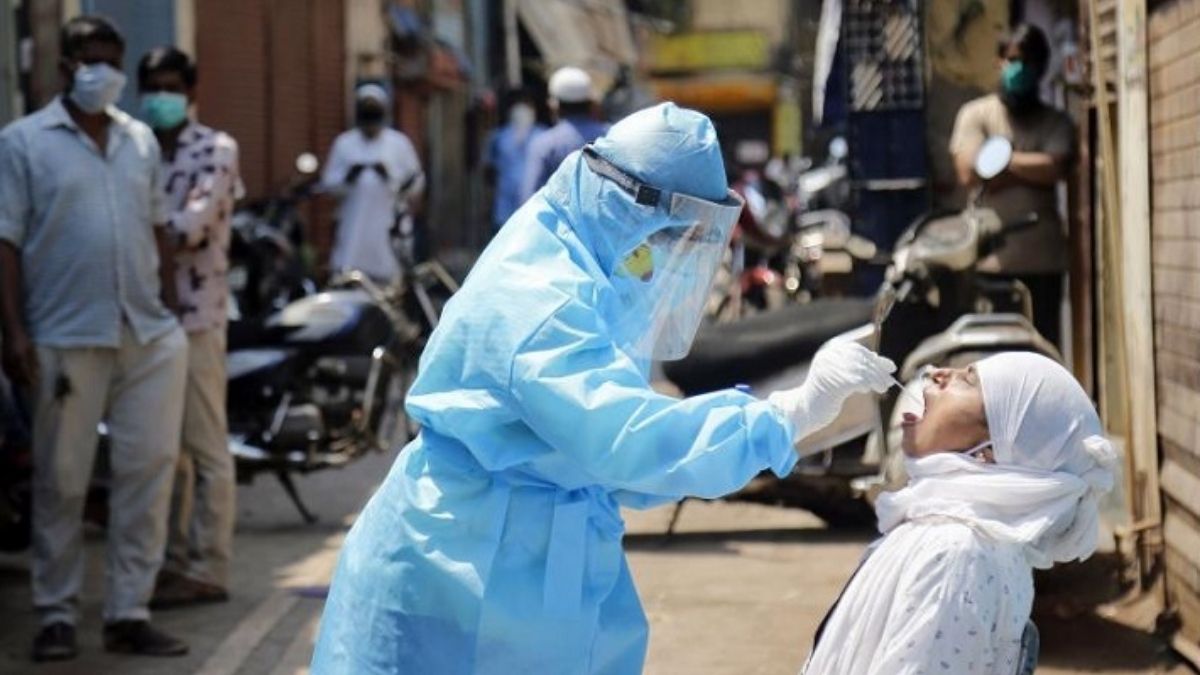
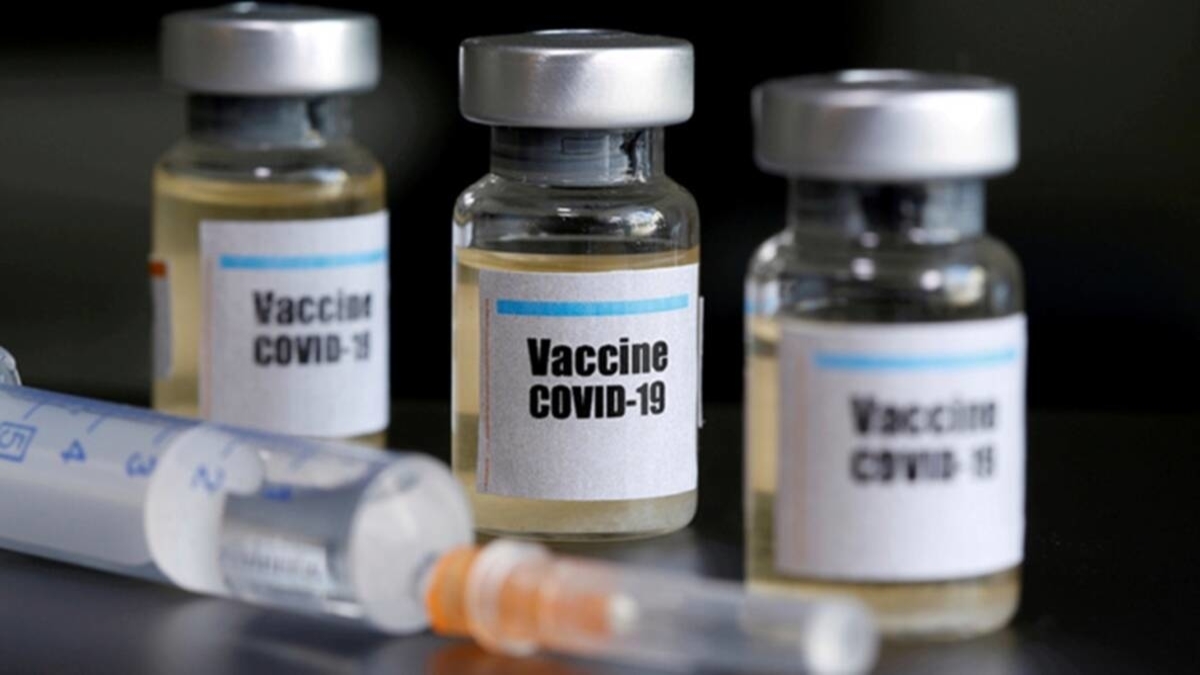
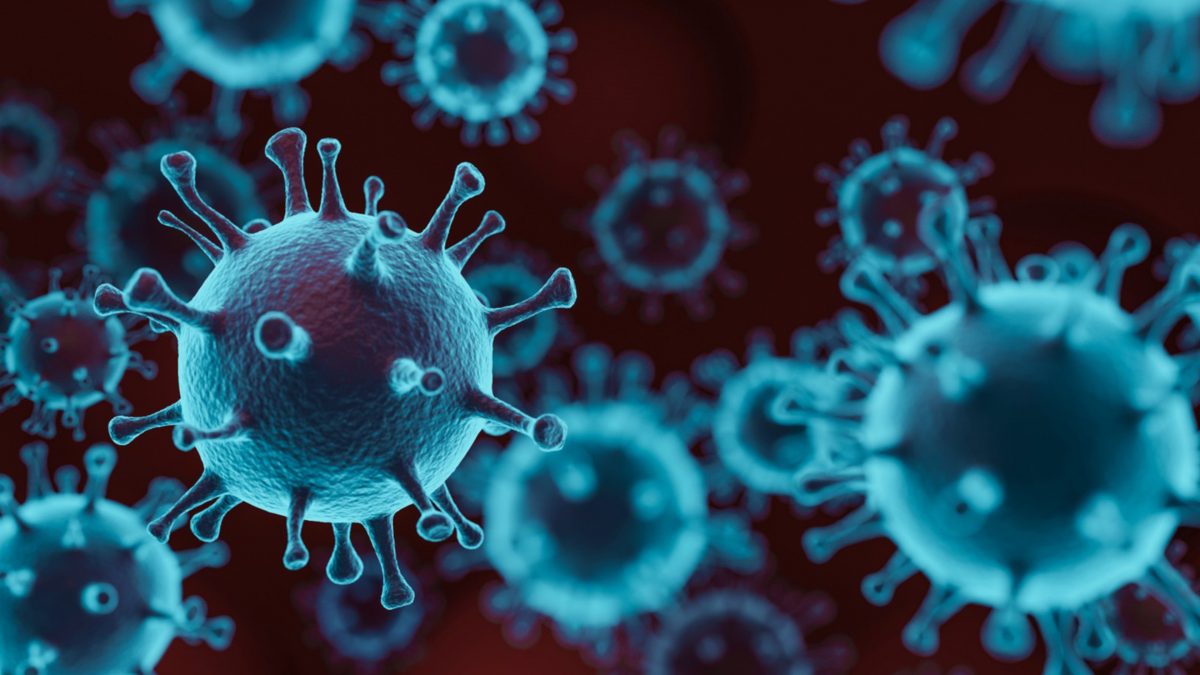
The World Health Organization classified BA.2.75 subvariant of Omicron as a variant of interest after being reported in various countries like UK, US, India, Australia and Germany.
The risk potential of the new subvariant still remains undetected, has started gaining prevalence in India and is highly contagious, said Dr Ravi Shekhar Jha, Additional Director of Pulmonology from Fortis Escorts Hospital.
In an exclusive with Medically Speaking, Dr Jha advocated the significance of vaccination against the constantly mutating subtypes of the Covid-19 virus.
Here are a few excerpts from the interview:
There is a lot of curiosity around of the new variant of Covid, which the World Health Organisation has flagged. Give us a little more information about what we know far as new Variant is concerned. Do we need to be worry?
Dr Ravi – As the new variant has been detected in many countries, and it is said to be highly contagious, considering the fatality rate, the risk potential is not yet known. But what we can see at this moment is that it is strongly contagious variant and it has the potential to infect whole family in one day. So we have to be very careful because we know that it is a mutated variant and can turn fatal any time.
What are the variants that are as of now present and prevalent in India and what do we need to know about them?
Dr Ravi – We have already seen the dangers of this variant in the second wave. This omicron variant is basically it is also the potential to it has ability to mutate into various sub types. The sub type has spread to United State of America and other countries. BA.4 and BA.5, but the sub type that has started gaining prevalence in India is BA.2.75 which is very contagious. Now the point is that if any variant mutates into a dangerous variant and it is contagious also, that can grip a whole country. So fortunately the data we have so far is that it is contagious but not that fatal. But then of course, for the last two three days, I have started noticing increase in mortality rate in India. I have also noticed slightly increasing mortality in few other European countries where BA.2.75 variant is dominant.
Where does the medical fraternity stand as far as the cure of Covid is concerned?
Dr Ravi – One thing the scientists and medical fraternity is very sure about it is that only one thing that can provide protection is vaccination. The problem in India is that many people are still not booster vaccinated. Science has proven that booster dose is very important and if we don’t take booster dose, the body can get weak easily. A few days ago, the government reduced the gap between booster from 9 months to 6 months.
What do you think of the move and what would you like to tell people?
Dr Ravi – Firstly, we must follow the Covid appropriate behaviour with rising Covid cases. We must only go out if very necessary, and avoid crowded places like cinema halls and invite limited number of people during marriage functions. Secondly, we must encourage our RWA to come out for booster vaccination.
What is the impact of the new variant which we are seeing? Where do hospital admission rates stand?
Dr Ravi – I have not seen any admission because of any respiratory complication, though patients present other complication where routine screening diagnosed the patient as positive for Covid. Otherwise, I have not witnessed any patient that dies due to respiratory failure or any other major respiratory complication. I remember there was one patient who had history of you see bypass surgery and then he developed covid and he developed pneumonia also but then he managed the patient at home only. He had developed mild respiratory failure as well, but then the patient was easily managed from home. But we are still unaware of how fatal the new variant can prove to be.
How is this new variant different from the other variants which we have seen?
Dr Ravi – The new variant is strongly contagious. As far as the symptoms are concerned, the major symptoms of new variant are severe headache, bodyache and fever, which may not be very high, but stiffness persists for very long. In majority of patients, I have seen that the symptoms persist for around seven to ten days, but mostly they become non-contagious on 11th day. But otherwise generally, it is strongly contagious and symptoms are slightly different from conventional omicron variant, because we have seen omicron variant patients had a lot of gastrointestinal symptoms like loose motion and nausea. This variant majorly presented with headache and fever.
How effective is the vaccination and booster against the same?
Dr Ravi – Booster dose or any other medicine does not prevent us from getting any infection. If only everyone is vaccinated, severe complication can be prevented. That is probably one of the reason that we have not seen any major complications despite getting so many infections.
What should be the gap between the next booster dose?
Dr Ravi – Various countries have come up with various guidelines about the gap, but ideally speaking a 3 to 6 month gap is sufficient.
Tell us something about comorbidity, respiratory diseases and the latest variant.
Dr Ravi – Even with people who are completely vaccinated are not seeing any major complication. I had seen many people with obesity, or uncontrolled diabetes having self-resolving symptoms. Patients with asthma or other respiratory problems getting Covid but had very mild symptoms. Out of 100 vaccinated people, hardly one develops complications due to Covid even if they are comorbid or at high risk off developing complications.

